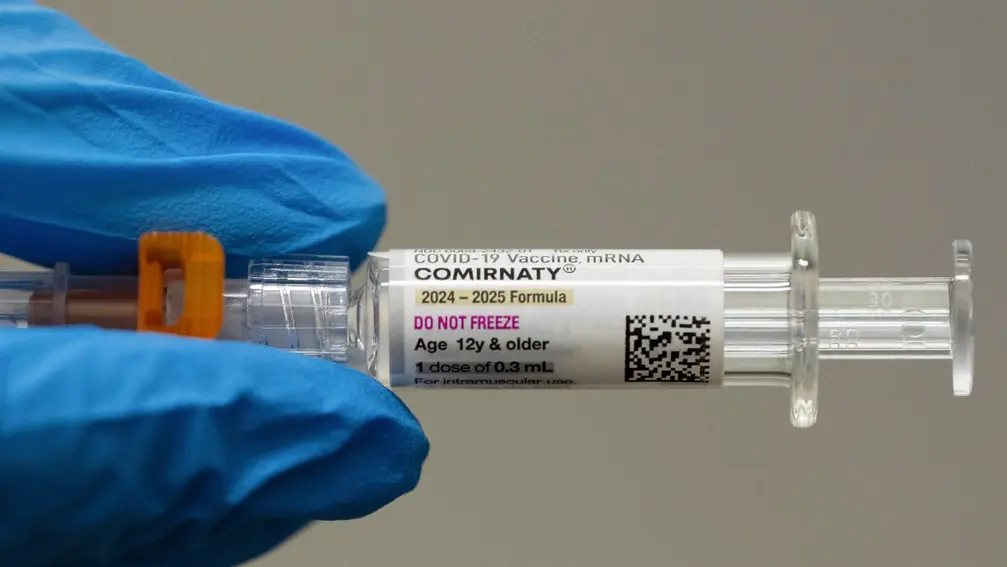T4K3.news
RSV vaccines expand access this season
RSV vaccines and antibodies offer more protection, but access and costs will shape uptake this season.

Public health officials say RSV vaccines and monoclonal antibodies are increasingly available, but access and insurance hurdles remain a concern.
RSV Season Approaches as Vaccines Expand Access
RSV season is approaching and health officials say protection options are expanding. The FDA has approved vaccines for adults and monoclonal antibodies for infants, offering more ways to guard against the virus. Still, insurance hurdles and supply constraints have at times limited who can get vaccinated.
The CDC now recommends adults 75 and older get vaccinated, and adults 50 and older with certain health conditions should consider vaccination. The guidance broadens eligibility and marks a shift toward prevention. Uptake among seniors has been uneven, with about half of adults 75+ vaccinated as of spring.
Key Takeaways
"The rollout wasn’t quite what we were hoping."
Dr. Seth Cohen, medical director of infection prevention at the University of Washington Medical Center
"This year is really the first time where it feels like we can be not just reactive, but really trying to prevent a lot of these infections."
Dr. Seth Cohen on shifting focus to prevention
"The CDC quietly broadened its guidance this summer."
CDC guidance expansion
The shift from reactive care to preventive protection reflects a broader public health strategy, but it hinges on reliable access. If cost, coverage, or supply gaps persist, the benefits may not reach the people who need them most, especially in nursing homes and underserved communities. The season’s threat is still real even as vaccines improve, and public health messaging must match the growing range of options.
Policy and distribution will shape RSV outcomes this year. The article highlights how regulatory approvals, insurer coverage, and federal guidance interact to determine who gets protection. A successful RSV season will require clearer coverage, steady supply, and ongoing funding to ensure vaccines reach all who are eligible.
Highlights
- Vaccines finally catch up with the season
- This year marks a turn from reactive to preventive care
- Access remains the real hurdle for protection
- Guidance expands even as coverage questions linger
Access and funding risks for RSV vaccines
The expansion of RSV vaccines and antibodies faces ongoing barriers related to insurance coverage, supply constraints, and distribution. If costs remain a barrier or if supply cannot meet demand, the expected public health benefits may fall short, potentially widening disparities in protection.
Access to protection will determine how much RSV season can be kept at bay.
Enjoyed this? Let your friends know!
Related News
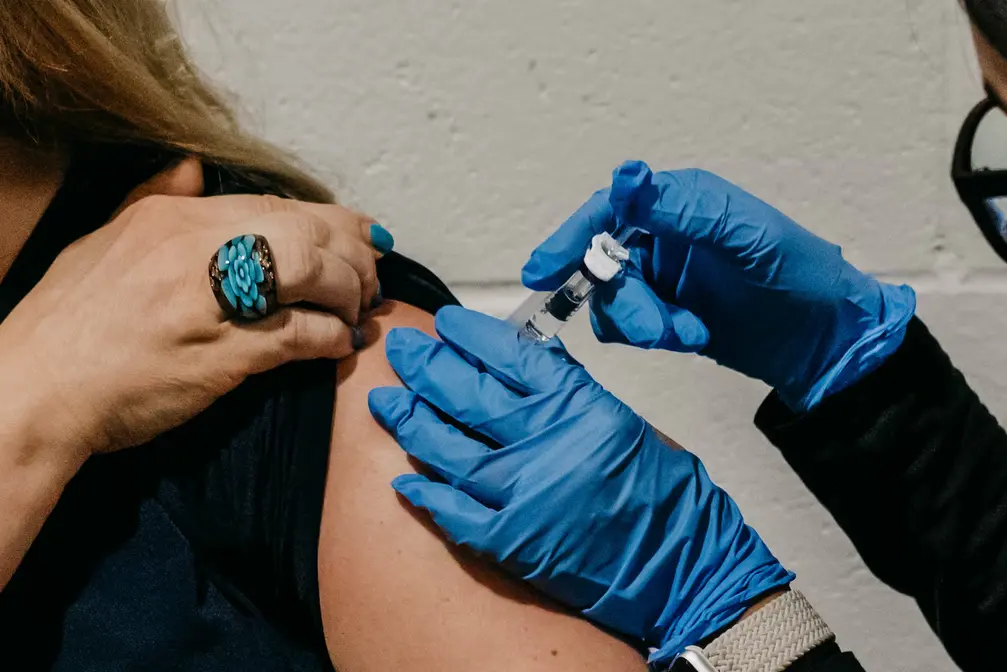
Massachusetts weighs independent vaccine policy amid Kennedy reforms
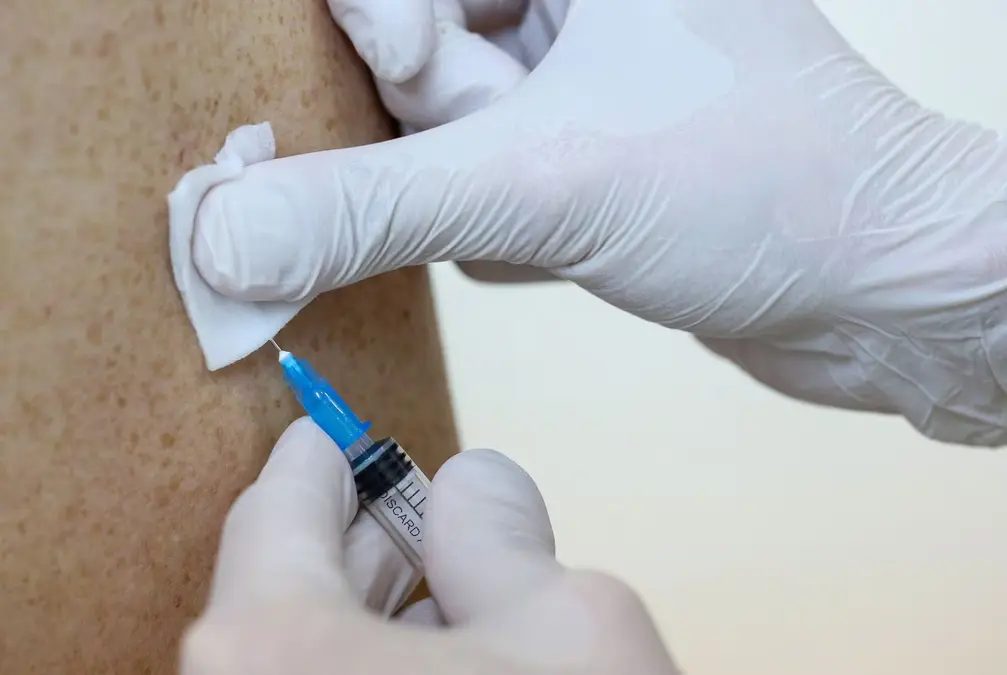
Vaccine guidance unsettled
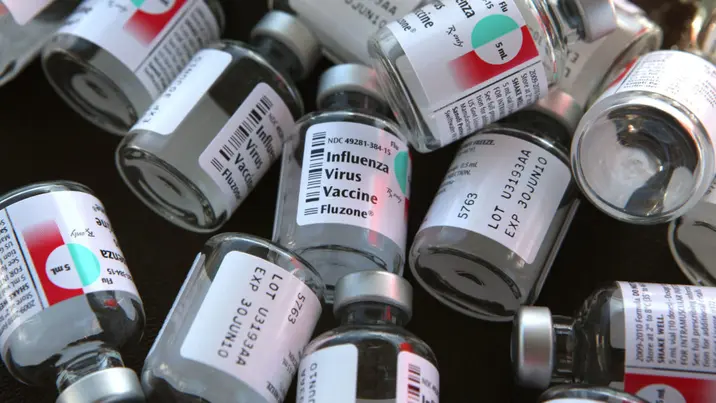
Health policy shifts raise safety and access concerns
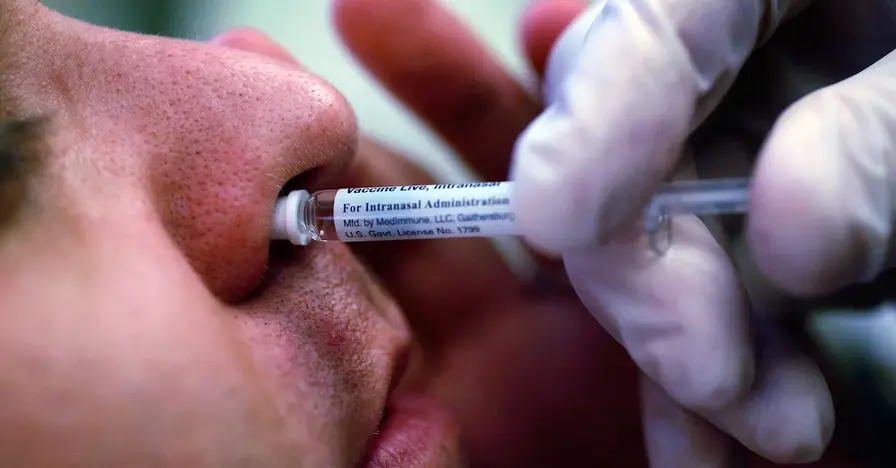
FluMist home delivery expands vaccine access

FluMist expands to home vaccination

AstraZeneca expands FluMist to home delivery

FluMist Home taps living rooms for flu defense

Sky Sports expands Premier League coverage to 215 live games
